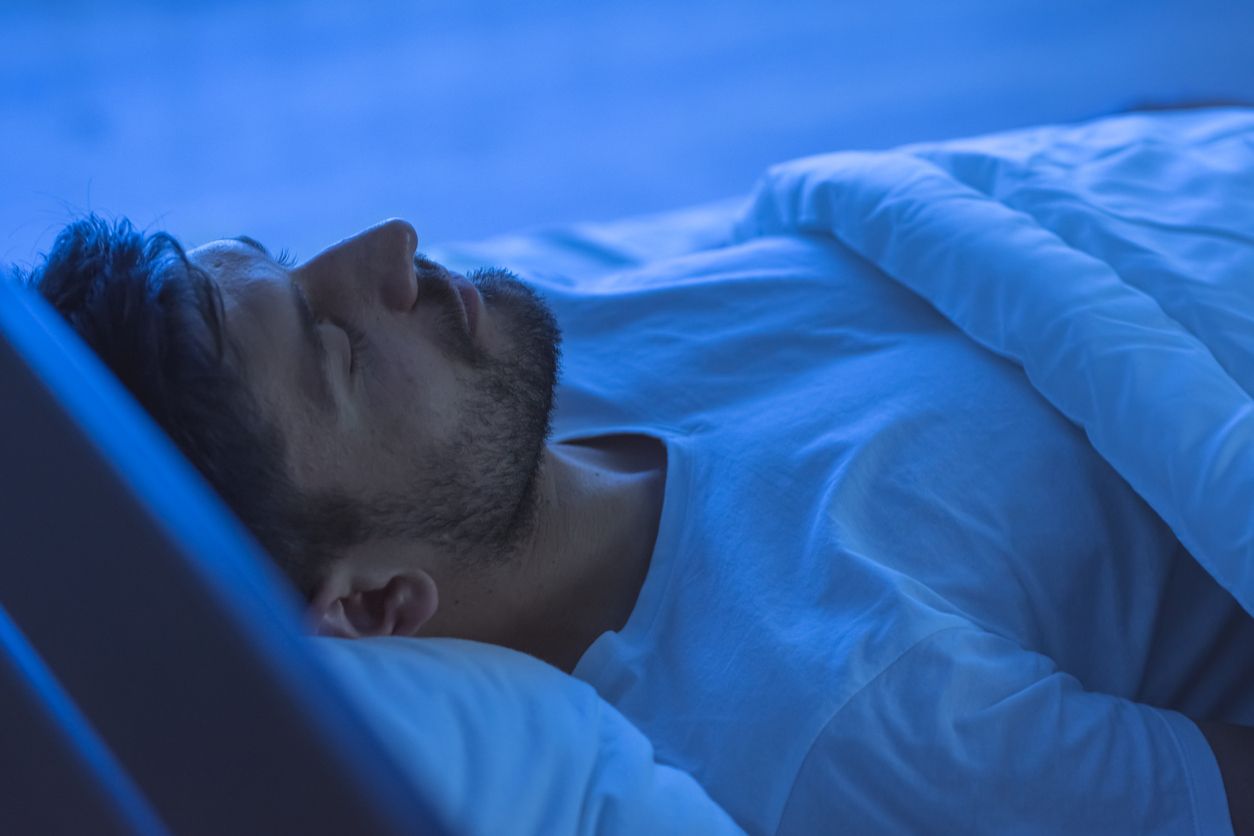Marijuana for sleep
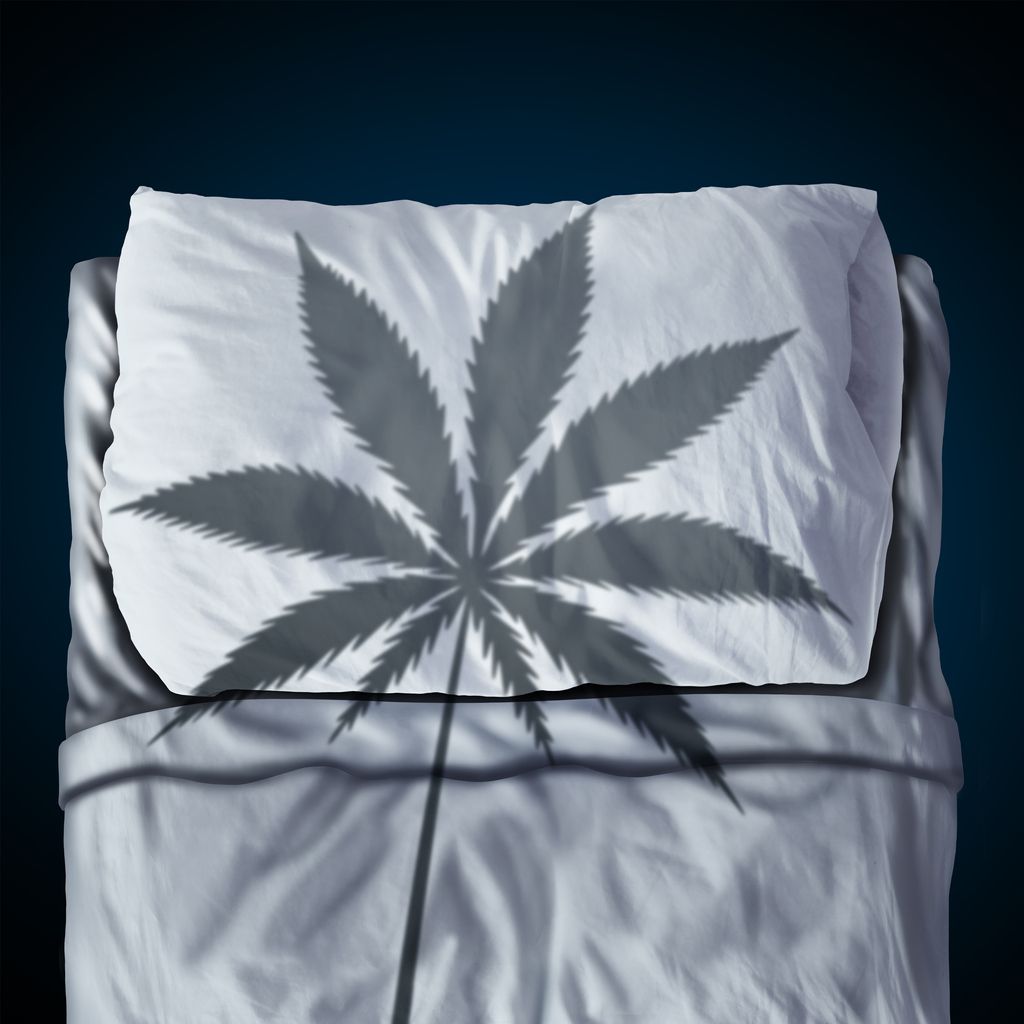
One of the most significant and common issues that we all will likely face at some point in our lives is trouble sleeping, and when we experience this, there are very few pharmaceutical options available that will not come saddled with a long list of potentially life-altering side effects. Even those who think they are getting enough rest at night, might not be getting the quality of sleep that would be most beneficial for their overall health.
One study that was conducted by the Sleep Foundation showed that 36% of Americans have either driven drowsy, or fallen asleep at the wheel, and 8 in 10 specialists surveyed believe that people often abuse sleep medications in an attempt to get a good night’s rest. These numbers show that sleep, or a lack of it, is a severe problem for many in society today. Whether it’s our fast-paced lifestyles, shift work hours, or some other reason, this is an issue that needs tackling.
Common causes of sleep issues
Sleep disturbances can happen for many different reasons, but some of the most common include, a change in altitude, stress, anxiety, chronic illness, disease, breathing problems, a lack of exercise and overconsumption of stimulants like caffeine. All healthy adults require anywhere from 7 to 9 hours of sleep to stay at peak productivity levels, and it’s not just how long we stay in bed that matters; during the night, our brains, cycle through a few different stages of sleep.
Sleep cycles
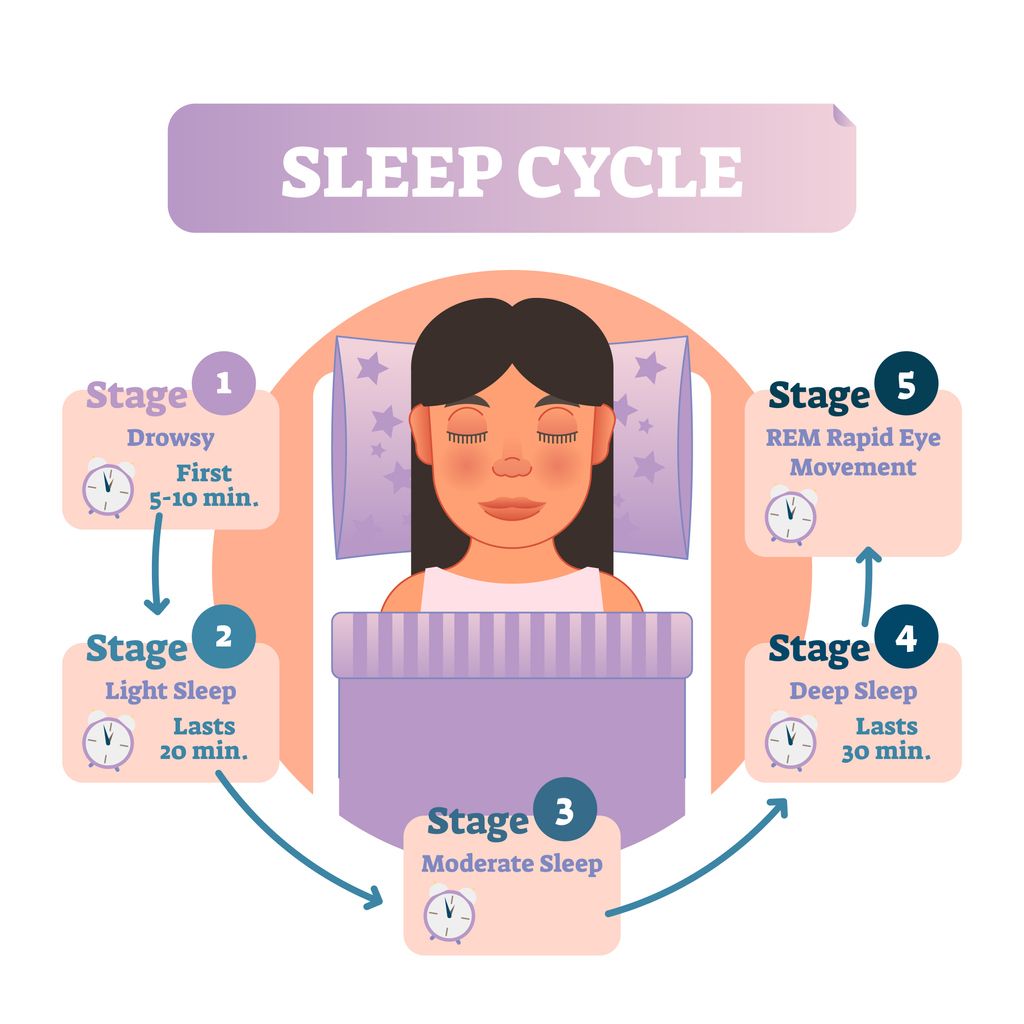
Four different stages of sleep occur every night after we close our eyes. To understand the implications of this adverse impact on stage three rest, you must first understand its importance:
Stage 1 - A hypnotic state that occurs just before actual sleep.
Stage 2 - Sleep spindles, which translates to brain neurons firing down for the night.
Stage 3 - The shortest portion of the sleep cycle.
Stage 4 - Delta waves, this is the most restful portion of sleep that a person requires each night to remain at peak performance.
Stage 5- REM, which is a deep state of rest, where we begin to dream and tends to experience more frequent sleep disruption.
Using cannabis for insomnia
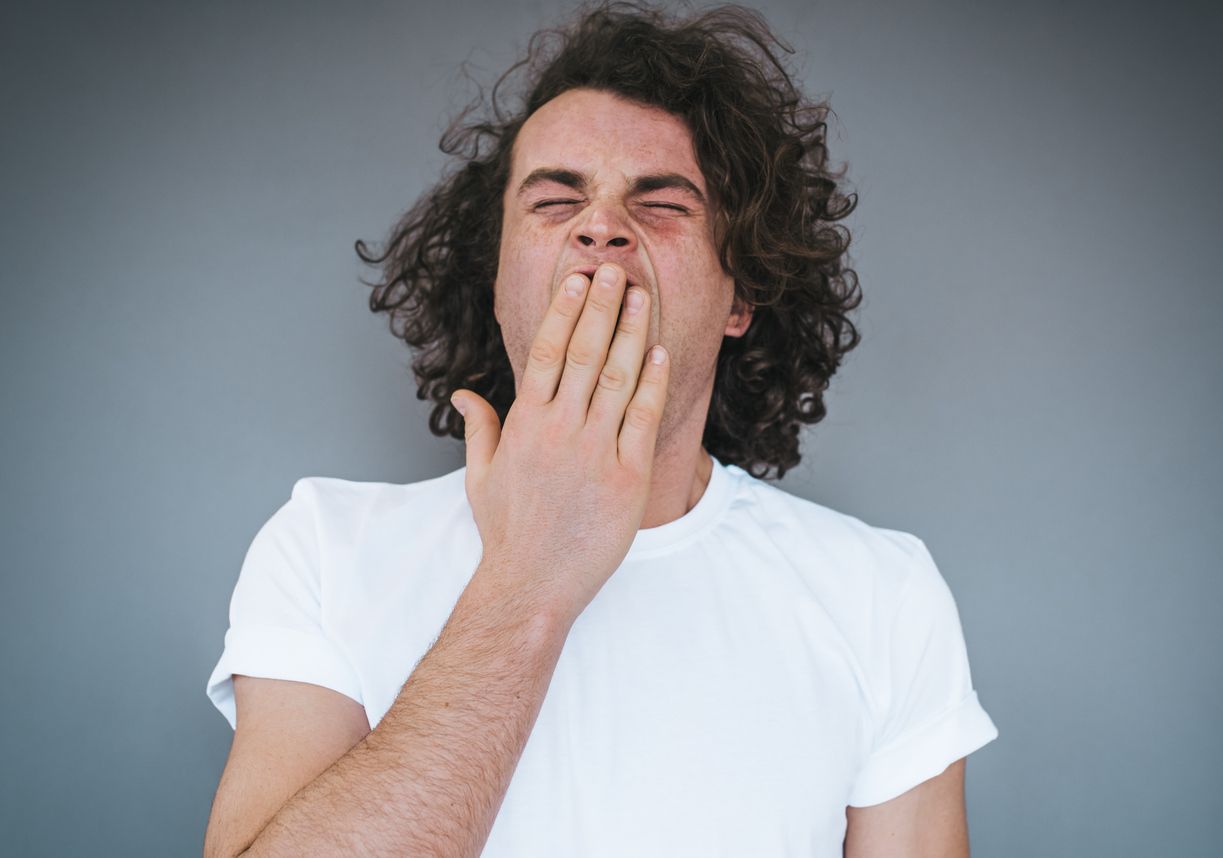
Though every single stage in our sleep cycle is essential to our overall quality of sleep, the one that is most important and most affected by marijuana use, is stage 3. This is where most of our healing and pure, full-body relaxation happens. Since the effects of weed on sleep are most harmful when CBD is introduced in higher concentrations, it is recommended to only use THC at nighttime and to keep the dosing to a minimum of 5mg-15mg for the most effective treatment of sleep problems.
That may sound confusing to anyone who believes, one of the most known stereotypes about marijuana use, which is that using marijuana will make you sleepy, and sometimes makes the user having difficult waking up. Though that is what initially prompted researchers to study the effects of weed, or more specifically, the results of the two primary cannabinoids that are often consumed by recreational weed smokers, and their possible impact on the quality of sleep that they experience. Some strains can actually keep you awake which can make it seem like the treatment is ineffective, when in fact, a different type should be used instead.
Research that confirms the benefits of using medical marijuana for sleep
The study, which can be found on both the US National Library of Medicine and the National Institute of Health’s website, included a total of 8 participants. The group was between the ages of 21-34 years old, and equally inclusive of both men and women. The researchers provided 1 of 4 different medications to each participant including 1 placebo, 15 mg of THC, 5 mg of THC combined with 5 mg of CBD, and the highest dose was set at 15 mg of THC combined with 15 mg of CBD. This exercise was redone 5 different times, and subjects were questioned and tested during both waking hours and sleep time to closely monitor any potential effects.
The results
We already know that the effects of weed on sleep exist, so the goal of this study was to survey all the possible outcomes that might be achieved from consuming recreational weed strains. What they found was that those who were given the placebo, experienced little to no difference in sleep patterns, but the participants who took the various doses of cannabinoids measured entirely differently.
-
15mg of THC: There were no effects on sleep in the participants who took 15mg doses of tetrahydrocannabinol.
-
5mg of THC and 5mg of CBD: Participants in this group experienced a decrease in stage 3 sleep.
-
15mg of THC and 15mg of CBD: Subjects in this dose range experienced an increase in wakefulness, restlessness and a reduction in stage 3 sleep.
Though this was a relatively small test group size, the results seem to show a direct link between the cannabinoids and their potential effects. THC is most definitely a sedative, but when taken in higher doses can also decrease the quality of a person’s sleep, and CBD appears to have uplifting and energetic qualities that completely cancel out the effects of the THC. Since these are possibilities many of the scientific community had already assumed to be true, the most significant finding here is the specific stage of sleep that appears to be the most affected, and what a disruption to this standard pattern could mean for consumers who are considering marijuana use as a sleep aid.
Methods of using medical marijuana for sleep
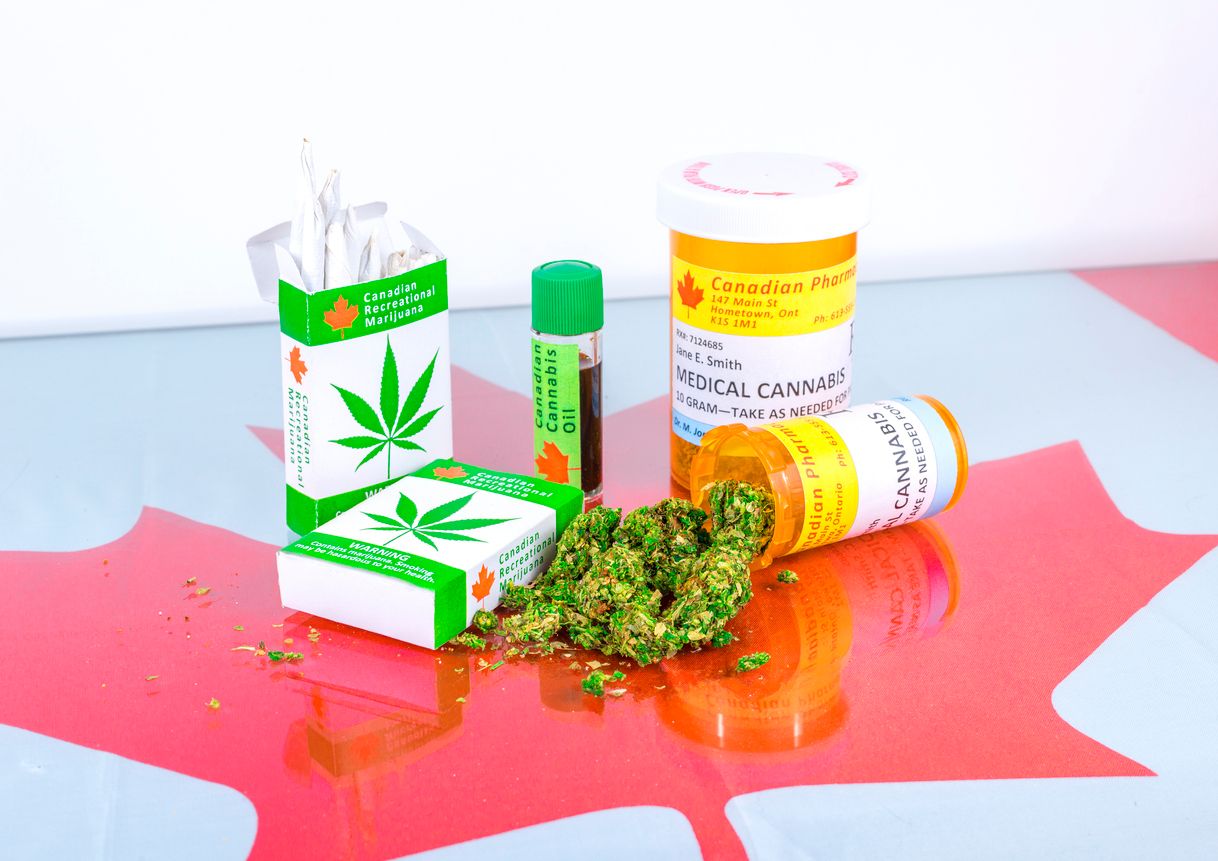
The best method of ingesting cannabis for insomnia will depend on your personal preference, but most offer the same type of benefits only in different strengths. Just remember, you will not get high from using marijuana products topically, as the human skin barrier only allows minimal portions of the element to enter the bloodstream.
- Smoking
- Edibles
- Vaping
- Dabbing
- Tinctures
- Concentrates
- Oral spray
- Topical treatments (salve, cream, lotion)
- Bath bombs
Other things that can be done to improve the quality of sleep
Medicinal and recreational weed strains can be used to improve the quality of rest that you get each night, but several other alterations can be made to improve your chances of getting the best night sleep possible.
-
Higher altitudes can dramatically impact your quality of sleep, so if you are prone to this type of issue already, it might be best to avoid destinations that are located above 32,000 feet.
-
Exercising regularly can make it much easier to fall asleep, but timing is everything. Heading out for a job just before bed can have the opposite effect, so keep the strenuous workouts to the early-midday hours whenever possible.
-
Caffeine is a stimulant that can negatively affect your quality of sleep and takes a couple of hours to run through your system, so it’s a good idea to stop drinking it at least 2 hours before going to sleep.
-
A bad diet can leave you feeling groggy all day and make it difficult to get good quality sleep at night, so be sure to stay hydrated, and get your recommended intake of healthy foods each day.
-
Too much THC can increase wakefulness, restlessness, and interfere with a good night’s rest, so don’t go overboard to sedate yourself, as little as 15mg of THC can provide a sedative effect, so that’s an excellent starting point, especially for novice users.
Top 10 marijuana strains for sleep

The best weed for sleep will depend on a couple of factors including how you react to certain aromas and the cannabinoid content within. If you are using marijuana for sleep, then the goal should always be to select a well-balanced strain that is known for its ability to produce this relaxing characteristic. Below you will find a list of 10 of the best cannabis for insomnia strains according to consumers.
- Green Python
- Mendo Breath
- Sweet Black Angel
- Golden Tangie
- Angel OG
- Purple Bubba
- Blue Dream
- Velvet Purps
- Jane Doe
- Deep Sleep


